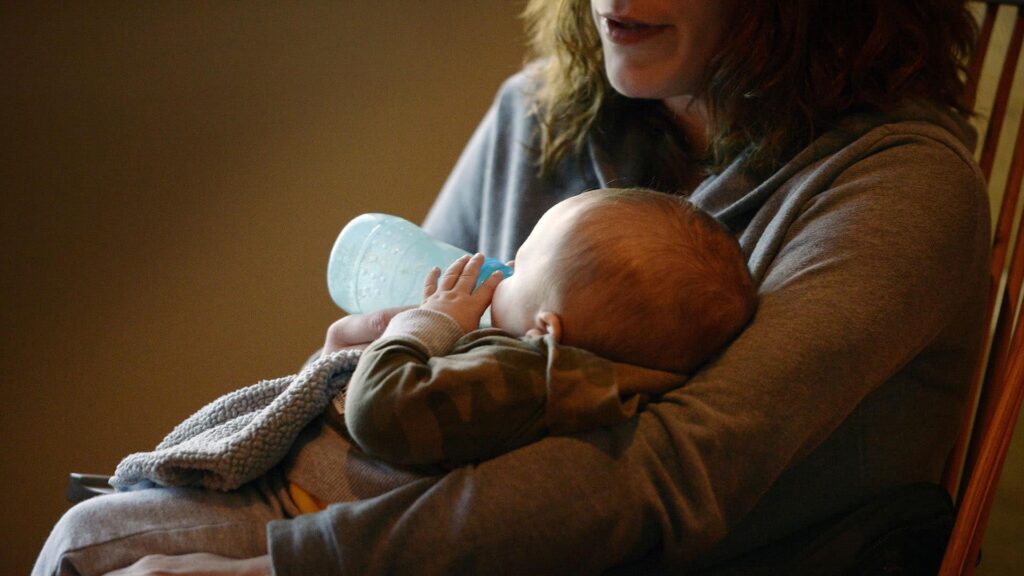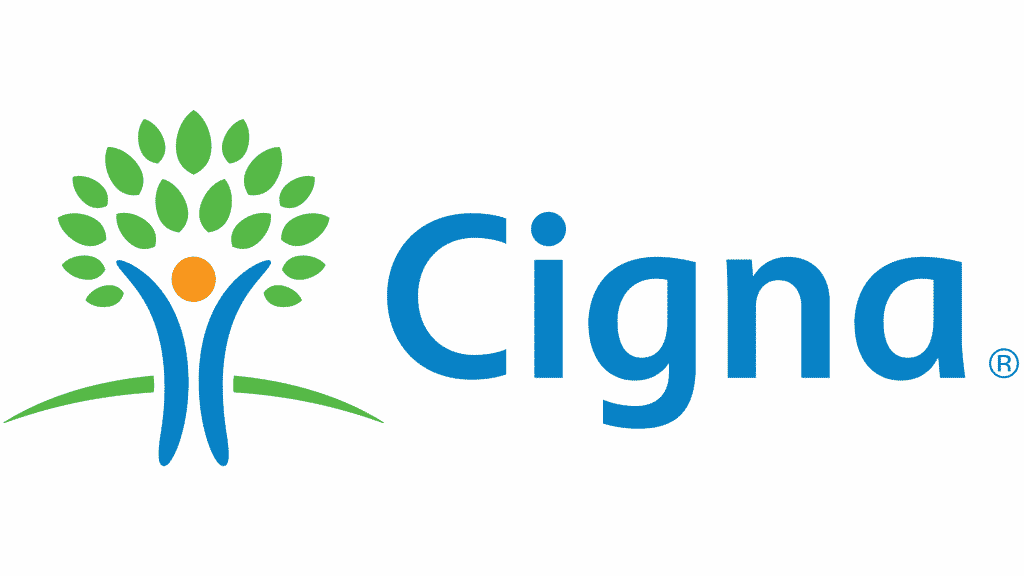CBT and DBT are two effective psychotherapy techniques employed in treating various mental health and substance use disorders. The reason for their prevalence speaks for itself: these therapy methods help individuals find healthy coping strategies that allow them to live more fulfilling lives. To understand the principles and differences between CBT and DBT, continue reading below.
Treatment Modalities: CBT vs. DBT
Cognitive Behavioral Therapy (CBT)
Cognitive behavioral therapy, or CBT, is a powerful approach that focuses on improving mental well-being by addressing symptoms of different mental health conditions, such as depression and anxiety disorders. By combining psychological and social techniques, CBT aims to help individuals overcome these challenges and find relief.
CBT has proven to be a highly effective approach in treating substance abuse and co-occurring mental health disorders. It offers individuals a path toward healing and recovery by addressing the underlying thoughts, emotions, and behaviors that contribute to these challenges. With its evidence-based techniques, CBT empowers individuals to gain a deeper understanding of themselves and develop healthier coping mechanisms. By working collaboratively with a skilled therapist, individuals can embark on a transformative journey toward lasting positive change.
Dialectical Behavior Therapy (DBT)
Dialectical Behavior Therapy (DBT) is an incredibly effective form of psychotherapy that has its roots in addressing personality disorders and interpersonal challenges. This evidence-based approach has been carefully developed to provide individuals with the tools and strategies they need to navigate their unique struggles and build healthier, more fulfilling lives.
Research has shown that DBT holds great promise in effectively addressing mood disorders, suicidal thoughts, and harmful behaviors like self-harm and substance use. This therapeutic approach has demonstrated its potential to bring about positive changes in individuals’ lives, offering hope and support in their journey toward healing and personal growth.
Treatment Method
Treatment Principles Behind CBT
CBT operates on the understanding that our thoughts and behaviors can influence the development and persistence of various psychological disorders. By focusing on teaching new skills and coping mechanisms, CBT aims to alleviate symptoms and reduce distress.
CBT draws upon the fundamental principles of both behavioral and cognitive psychology to help individuals overcome challenges and improve their mental well-being. In traditional psychoanalysis, therapists delve into the unconscious meaning behind behaviors and subsequently develop a diagnosis. However, CBT takes a different path.
CBT’s therapeutic approach is both problem-focused and action-oriented, designed to effectively address specific challenges associated with diagnosed mental disorders. By targeting these specific problems, CBT aims to bring about positive changes and help individuals overcome their difficulties.
Treatment Principles Behind DBT
DBT was created with the intention of empowering individuals to enhance their emotional and cognitive well-being. It provides valuable insights into the factors that trigger reactive states, allowing individuals to better understand themselves.
DBT is a collaborative journey where the therapist and client come together to explore acceptance and change-oriented strategies. It’s like a dance of ideas, where we embrace different perspectives and find a harmonious balance.
DBT is a powerful approach that brings together the best of cognitive-behavioral techniques and the wisdom of contemplative meditative practice. By blending these two worlds, DBT teaches valuable skills for regulating emotions and testing the accuracy of our thoughts, but also emphasizes the importance of accepting ourselves and our circumstances with compassion. Through cultivating mindful awareness, DBT empowers individuals to develop a greater sense of inner peace and resilience.
By equipping individuals with the necessary tools, DBT assists in evaluating and selecting appropriate coping strategies throughout the various stages of events, thoughts, emotions, and behaviors in one’s life.
CBT and DBT at Magnolia Ranch Recovery
At Magnolia Ranch Recovery, our therapists’ main objective is to support you in discovering and implementing effective strategies that will help you achieve your goals and alleviate any symptoms associated with your mental health or substance use disorder. Together, we will work collaboratively to find the best approaches that suit your unique needs and circumstances. Our primary role during your treatment sessions is to provide guidance, empathy, and professional expertise throughout your journey of healing and growth.
What CBT and DBT Treat
CBT has proven to be highly effective in addressing various mental health conditions, such as anxiety, depression, and Obsessive-Compulsive Disorder (OCD). This therapeutic approach has demonstrated remarkable success in helping individuals navigate these challenges and find relief.
DBT was specifically designed to provide effective treatment for individuals diagnosed with Borderline Personality Disorder (BPD), particularly those who may experience self-harm tendencies or have thoughts of suicide. Furthermore, research has demonstrated its effectiveness in treating conditions such as eating disorders and substance use disorders.
At Magnolia Ranch Recovery, we use both DBT and CBT, along with a number of other modalities to treat addiction and mental health conditions, including the following:
- Alcohol Dependence or Alcohol Use Disorder (AUD)
- Drug Addiction or Substance Use Disorder (SUD)
- Bipolar Disorder
- Anxiety
- Depression
- Eating Disorders
- Post-Traumatic Stress Disorder (PTSD)
- Obsessive-Compulsive Disorder (OCD)
- Panic Disorders
- Borderline Personality Disorder (BPD)
- Self-Harm
Which Treatment Modality Is Right for Me?
Deciding whether CBT, DBT or another treatment modality would work best for you begins with a compassionate discussion with one of our professional healthcare providers. Together, we will identify your specific goals and come up with an effective treatment strategy that would work best with your unique needs.
Your initial meeting with us will be all about building a connection and getting to know each other. It’s completely normal to feel a bit anxious about discussing your life and history in a therapy setting, so we’ll take our time to create a safe and comfortable space for you to share your experiences. This session is an opportunity for you to become familiar with the therapeutic process and for us to begin understanding your unique journey.
Taking the time to get acquainted with your therapist and gauging your comfort level in their presence is a great way for us to get to know your needs. As we embark on the journey toward your healing, you will find that our treatment methods are designed to progress naturally with you at your own pace.
Explore CBT and DBT in Pulaski, TN
If you or a loved one are seeking treatment for alcohol dependence, substance use, a mental health condition, or co-occurring disorders, Magnolia Ranch Recovery’s treatment center in Pulaski, TN, is designed to provide you with the full scope of services you need in a private, comfortable, and holistic setting.
To learn more about our programs or to schedule a virtual tour of our facility, contact us today.


















